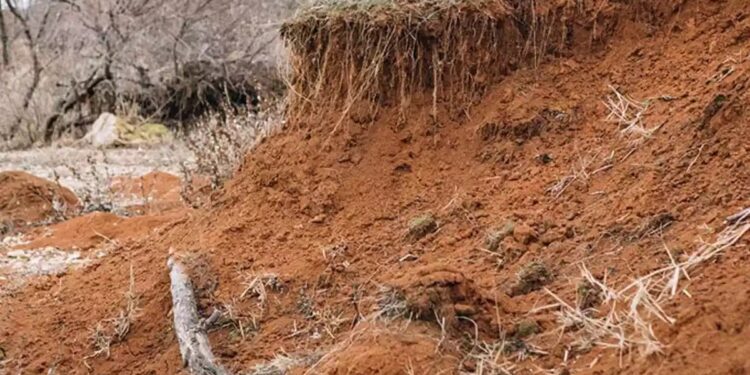The Midlands province, home to the mineral-rich Great Dyke, is facing severe environmental challenges due to irresponsible mining practices.
Addressing Government officials, miners and Shurugwi residents during the Midlands Provincial clean-up campaign recently, Minister of State for Provincial Affairs and Devolution Owen Ncube raised alarm on the extensive land degradation, desertification, and drought plaguing the region.
“Our province has not escaped the challenges of land degradation and drought. Irresponsible mining along the mineral-rich Great Dyke has left vast tracts of land scarred with open pits posing constant threats to people and livestock,” Ncube said
The environmental damage, a result of unregulated and reckless mining activities, has transformed once-productive landscapes into hazardous wastelands and to address these pressing issues, Minister Ncube has taken decisive action.
“I have directed all district development coordinators to engage entities to immediately adopt sustainable mining practices such as land reclamation, filling open pits, and planting trees,” he said
The Great Dyke, a geological feature extending over 550 kilometers, is rich in minerals such as platinum, gold, and chrome.
While mining in this area has significantly contributed to the local economy, the environmental cost has been steep, open pits left by mining operations have not only marred the landscape but also created dangerous conditions for both humans and animals.
Ncube’s call for sustainable mining practices includes land reclamation efforts that involve rehabilitating disturbed land to its natural state or to a state that can sustain economic activities, filling open pits is a critical step in preventing accidents and injuries, while tree planting initiatives aim to restore biodiversity and combat desertification.
Environmental advocates have praised Ncube’s proactive stance, highlighting the necessity of balancing economic development with ecological preservation.
“Sustainable mining practices are essential to prevent further environmental degradation and to ensure that future generations can also benefit from these natural resources,” said Honest Sibanda an environmental expert familiar with the region.



